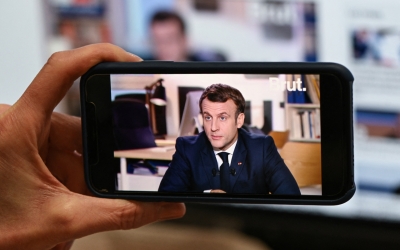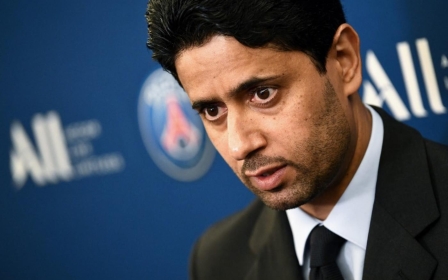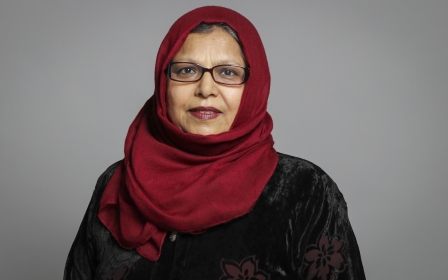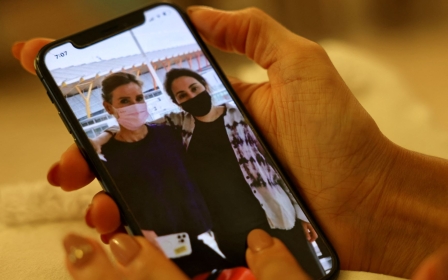Pegasus: President Macron changes phone amid concerns over Moroccan surveillance
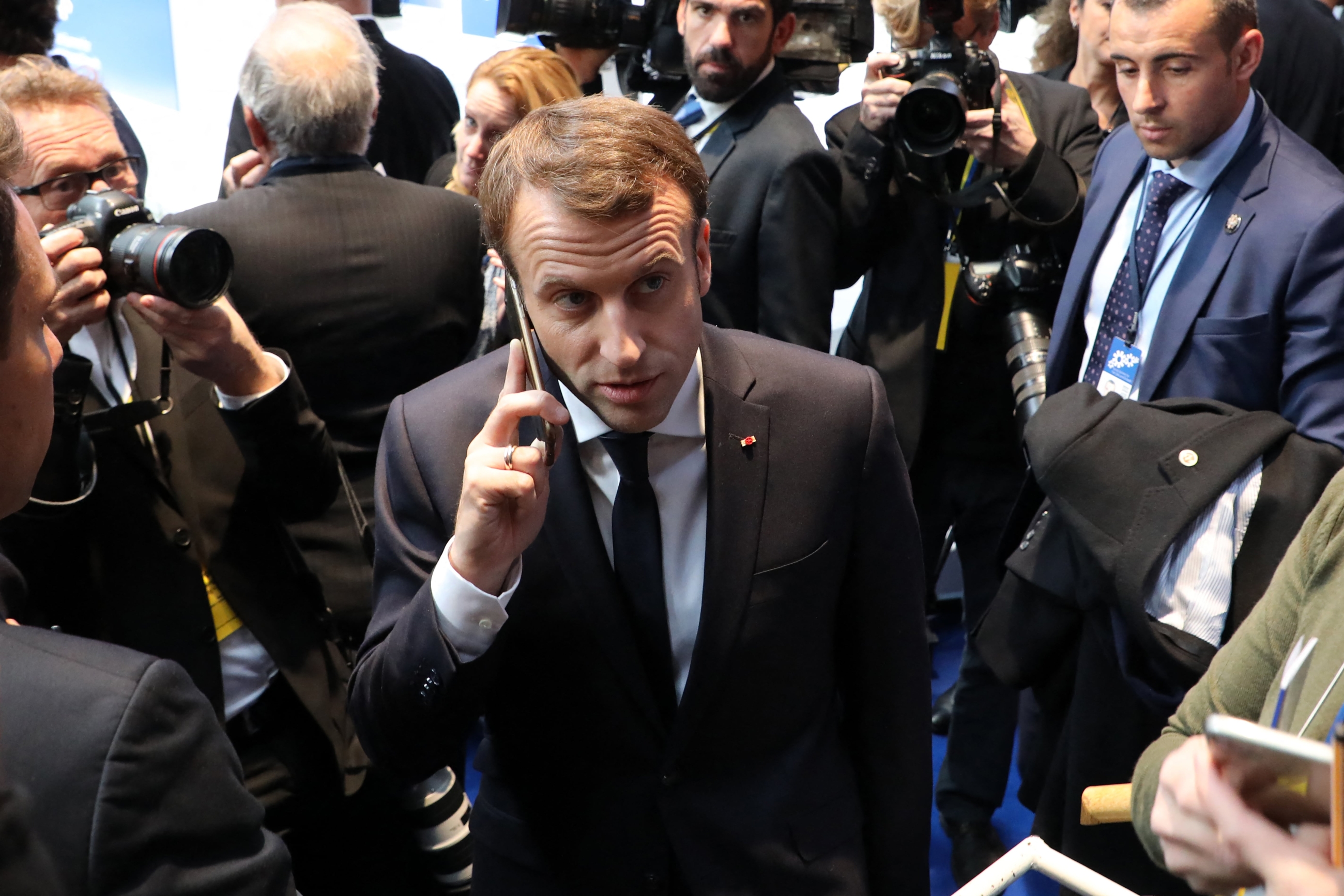
French President Emmanuel Macron has changed his mobile phone and phone number in light of the Pegasus spyware case, a presidency official said on Thursday, in one of the first concrete actions announced in relation to the scandal.
"He's got several phone numbers. This does not mean he has been spied on. It's just additional security," the official told Reuters.
Government spokesman Gabriel Attal said the president's security protocols were being adapted in light of the incident.
There has been a global outcry following reports from several international media organisations that the Pegasus spyware was used in hacking smartphones belonging to journalists, human rights activists and government officials in several countries.
"Obviously we're taking [this] very seriously," Attal told reporters, hours after an emergency cabinet meeting focused on the Pegasus allegations.
New MEE newsletter: Jerusalem Dispatch
Sign up to get the latest insights and analysis on Israel-Palestine, alongside Turkey Unpacked and other MEE newsletters
An official at Israel's NSO Group said on Wednesday that its Pegasus spyware tool was not used to target Macron.
We can "specifically come out and say for sure that the president of France, Macron, was not a target," Chaim Gelfand, chief compliance officer at NSO Group, told the i24 News television network.
However, Gelfand also alluded to "some cases brought up that we are not so comfortable with".
In Israel, a senior MP said on Thursday that a parliamentary panel may look into spyware export restrictions.
Defamation lawsuits
Le Monde newspaper and Radio France reported on Tuesday that Macron's phone was on a list of potential targets for surveillance by Morocco.
The two media organisations said that they did not have access to Macron's phone and could not verify if his phone had indeed been spied on.
Morocco's intelligence services have also been accused of potentially targeting the country's king, Mohammed VI, and using the spyware to target dissidents in the country.
A French lawyer for the Moroccan government, Olivier Baratelli, said on Thursday that it planned to lodge defamation lawsuits in Paris against Amnesty International and Forbidden Stories, according to French news outlet franceinfo.
The two organisations participated in the Pegasus probe and alleged that Morocco had targeted French officials for surveillance with the spyware.
Amid mounting EU concern, German Chancellor Angela Merkel told reporters in Berlin that spyware should be denied to countries where there is no judicial oversight.
On Thursday, Hungarian prosecutors launched an investigation into multiple complaints received in the wake of the reports.
The investigative website Direkt36, part of the media consortium that published the expose, said a list of more than 300 Hungarian phone numbers suspected to have been targeted using the software included journalists, businesspeople, lawyers and people critical of Prime Minister Viktor Orban's government.
Hungarian police said this week that they had received two complaints about the alleged abuses, one from a private citizen and one from a politician.
NSO Group has rejected the media revelations as "full of wrong assumptions and uncorroborated theories".
Middle East Eye delivers independent and unrivalled coverage and analysis of the Middle East, North Africa and beyond. To learn more about republishing this content and the associated fees, please fill out this form. More about MEE can be found here.


